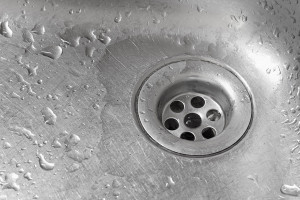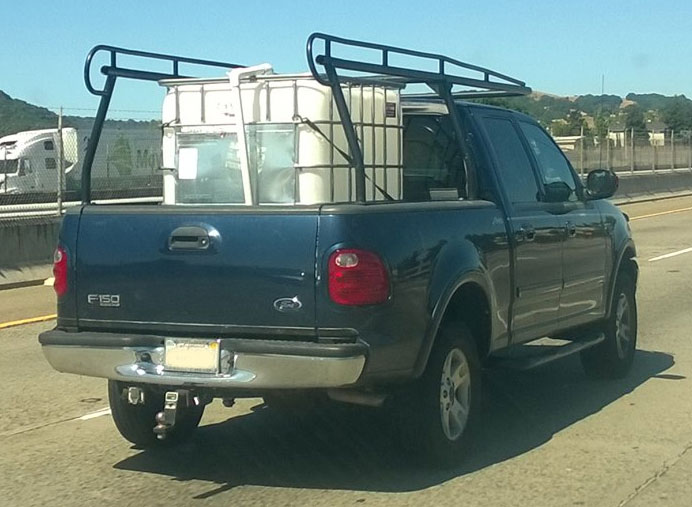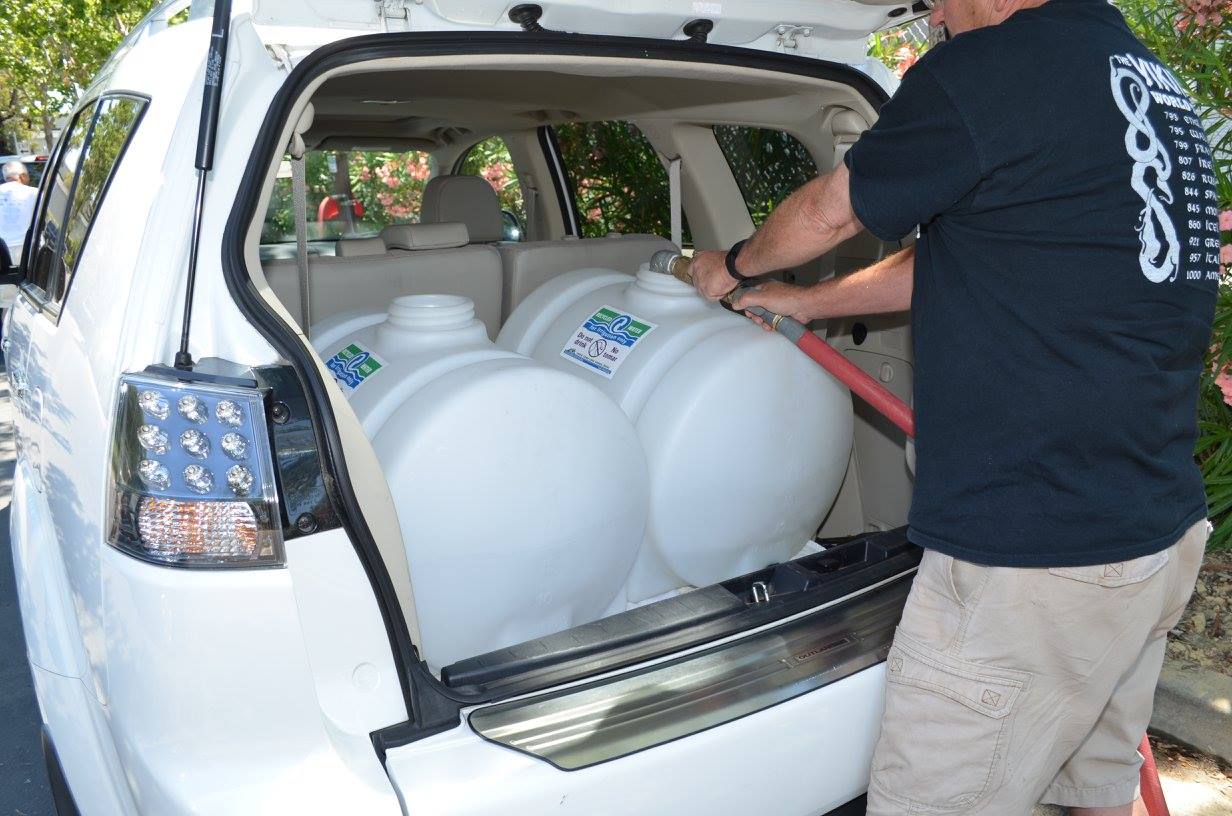 We were downtown today and met a couple from Sacramento. They were concerned about our drought and asked how they could get gray water at their house. I asked them what they defined gray water as and they said “you know, recycled water.”
We were downtown today and met a couple from Sacramento. They were concerned about our drought and asked how they could get gray water at their house. I asked them what they defined gray water as and they said “you know, recycled water.”
HOLD UP!
Recycled Water is not “Gray Water” and this post is meant to differentiate the two.
Gray water is any water that is not black. Alright, lets try it a different way.
Gray water is sink water, shower water, tub water, washing mashing water, dish washer water, hand washing water, teeth brushing water, etc. Get it? What is it missing? You guessed it!
Black water is toilet bowl water. Yes the #1’s, #2’s and the #3’s.
Basically – if you got gray water on you – you could wash it off before you ate food but you technically don’t have to. If you got black water on you… well you’d probably wash your hands in bleach* before putting your hands anywhere near your face. *Note – don’t wash your hands with bleach – mild soap and warm water is fine for long enough to sing the ABC’s. 🙂
How does Recycled Water fit into the mix?
Recycled Water is processed waste water that has traveled from your house and your neighbors house and every one in your community/city/county houses to a treatment plant and cleaned to state mandated regulations. Waste water is a mix of gray and black water plus whatever everyone else in the service district puts down the drain (usually grease from fryers, cooking bacon, etc). 99.9% of the liquid down the drain is water, 0.1% of it is solid waste. All those treatment plants exist for that 0.1%.
What this means is every treatment plant that processes waste water must clean it to a state mandated level as written in each treatment plants National Pollutant Discharge Elimination System (NPDES) Permit. This water is usually discharged into a receiving waterway such as the delta, lake, pond or wetland.
For treatment plants that create Recycled Water, they put their recycled water treatment plant at the end of their waste water plant and create pipe their effluent through their advanced treatment plant to create Recycled Water and clean it to a state mandated level as written in Title 22 of the Health and Safety Code – Water Code.
Gray water is available at your house if you do the plumbing to get it to your property. The state doesn’t mandate the quality of that water so only you know what is in it.
There are many gray water recycling applications you can install in your home – a quick Google search finds many of them.
I hope this helps clear up any confusion.
Have a question or comment? Leave it below!



Leave a Reply